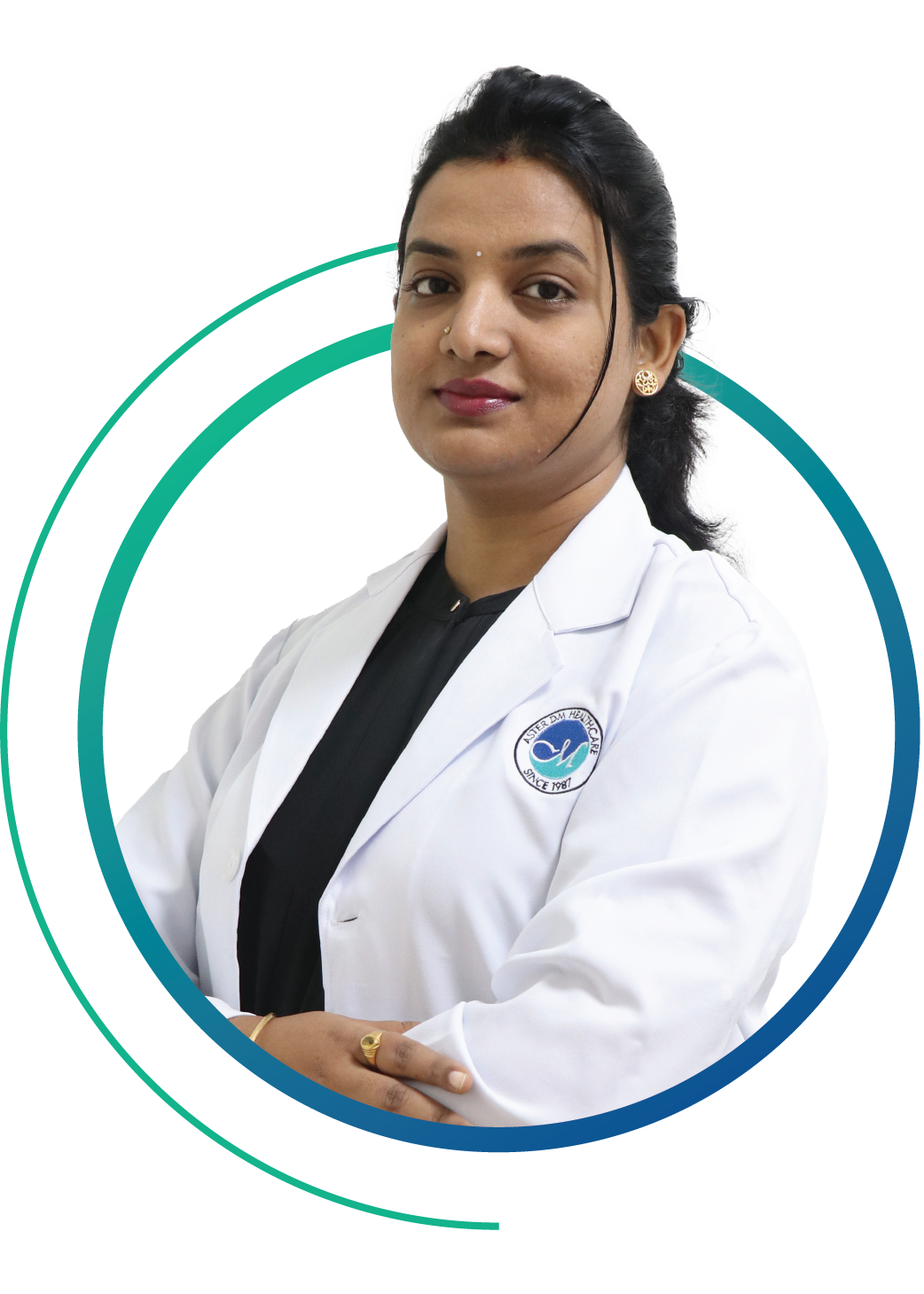Overview
The Pathology Department plays a crucial role in the diagnosis and management of diseases by studying tissues, organs, bodily fluids, and autopsies. Pathologists, who are specialized medical doctors, utilize laboratory techniques to examine samples and provide critical insights that inform patient treatment plans. This department supports various specialties within the hospital, ensuring accurate diagnoses and effective patient care.
TREATMENTS & PROCEDURE
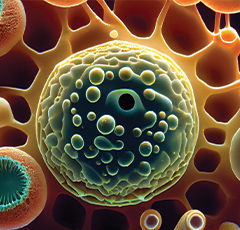
Analyzing tissue samples to diagnose diseases and guide treatment decisions.
Histopathology involves the microscopic examination of biopsy or surgical specimens to detect abnormalities and diseases such as cancer, infections, and inflammatory conditions. Tissue samples are processed, stained, and evaluated for cellular changes.
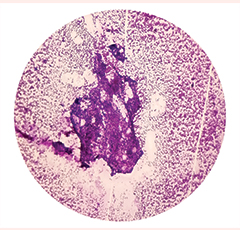
Examination of cells from body fluids or tissue scrapings to detect diseases.
Cytopathology focuses on diagnosing diseases at the cellular level, often using samples from pap smears, fine-needle aspirations, or body fluids. It is essential for screening and early detection of cancers and infections.
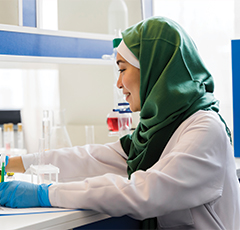
Comprehensive testing of blood, urine, and other fluids to diagnose and monitor diseases.
Clinical pathology involves laboratory testing of blood, urine, and other body fluids to detect metabolic and hematologic disorders, infections, and organ dysfunction. Tests include complete blood counts (CBC), urinalysis, and biochemical panels.
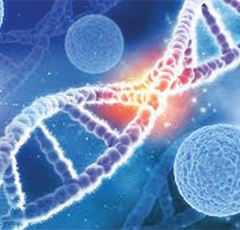
Utilizing genetic and molecular techniques to diagnose and prognosticate diseases.
Molecular pathology examines DNA, RNA, and proteins to identify genetic mutations and biomarkers associated with diseases. It is crucial for precision medicine, allowing for targeted therapies in conditions like cancer and genetic disorders.
Analyzing tissue samples to diagnose diseases and guide treatment decisions.

Histopathology involves the microscopic examination of biopsy or surgical specimens to detect abnormalities and diseases such as cancer, infections, and inflammatory conditions. Tissue samples are processed, stained, and evaluated for cellular changes.
Examination of cells from body fluids or tissue scrapings to detect diseases.

Cytopathology focuses on diagnosing diseases at the cellular level, often using samples from pap smears, fine-needle aspirations, or body fluids. It is essential for screening and early detection of cancers and infections.
Comprehensive testing of blood, urine, and other fluids to diagnose and monitor diseases.

Clinical pathology involves laboratory testing of blood, urine, and other body fluids to detect metabolic and hematologic disorders, infections, and organ dysfunction. Tests include complete blood counts (CBC), urinalysis, and biochemical panels.
Utilizing genetic and molecular techniques to diagnose and prognosticate diseases.

Molecular pathology examines DNA, RNA, and proteins to identify genetic mutations and biomarkers associated with diseases. It is crucial for precision medicine, allowing for targeted therapies in conditions like cancer and genetic disorders.
Diseases treated
FAQs
Pathologists diagnose diseases by examining tissues, cells, and bodily fluids, providing critical information for patient treatment.
Cytology samples are collected from body fluids, fine-needle aspirations, or tissue scrapings for cell-based diagnosis of diseases.
Molecular pathology uses genetic and molecular techniques to identify mutations and biomarkers, aiding in precision medicine and targeted therapies.
Pathologists examine tissue biopsies and perform molecular tests to identify cancer types and guide appropriate treatment plans.
Histopathology involves the microscopic examination of tissue samples to detect abnormalities and diseases, guiding diagnosis and treatment.
Clinical pathology includes blood tests, urinalysis, and biochemical panels to diagnose and monitor various medical conditions.
Autopsies determine the cause of death, study disease processes, and provide valuable information for clinical, research, and legal purposes.
Yes, pathology tests, including microbiological cultures and molecular assays, identify and diagnose various infectious diseases.
Pathology Doctors

